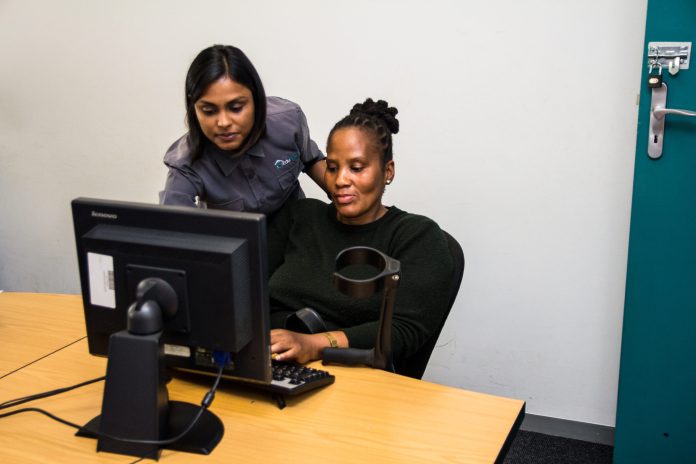How companies can empower women and the benefits of this for their B-BBEE rating.
It’s a fact that in South Africa, women are less likely to own a business, less likely to be employed and less likely to be promoted. The only way to advance gender equality is to prioritse the inclusion of women in the mainstream economy by ensuring they have equal opportunity to acquire the skills and experience needed to build sustainable careers.
“Black women particularly are part of the most marginalised groups, not rising nearly fast enough into the economy and continuing to be most vulnerable to slow economic growth,” says Sean Sharp, the Executive Head of Sales at EduPower Skills Academy.
The latest Stats SA labour report confirms that women and in particular Black women, are lagging behind in socio-economic opportunities. Unemployment rates for males and females are 31,4% and 34% respectively and of these, 38% of Black African women are unemployed. More women (56,2%) than men are discouraged work seekers who have stopped looking for a job, while more than four in every 10 young females are not in employment, education or training.
The battle for empowerment doesn’t end when women are in permanent employment. Even though women make up 45% of the workforce, only 32% of executive positions are held by Black women. “One has to ask why the representation of Black women in top management remains lacking when B-BBEE Policy rewards organisations for employing women in senior level positions,” Sean asks.
Under the Codes of Good Practice, African, Coloured and Indian women are defined as ‘Black’ and there are more than 14 points available on the scorecard to encourage and reward organisations for their participation. These points are distributed across Ownership (4 points), Management Control (6 points), Enterprise and Supplier Development (4 points) as well as the EAP targets under Skills Development.
“Though the Scorecard awards points for the Skills Development of Black people, there is no specific reference to women. The advancement of Black women through Skills Development interventions and the ripple effect of absorption provides organisations the opportunity to maximise the points available under this priority element,” Sean explains.
So how can your business prioritise their B-BBEE Scorecards through the employment of women and more importantly, promote the empowerment of Black women?
Sean says that the companies that have succeeded in promoting employment equity have done so by prioritising roadmaps to develop women in their organisations. This begins with identifying women for entry-level positions right through to the development of women for senior management.
“Fortunately, in terms of entry-level jobs, skills development can help provide young women with more opportunities. One such example is tax-incentivised learnership training,” Sean says.
Learnership programmes are being implemented more and more frequently in an effort to empower disadvantaged youths – especially women – and help build work-ready skills to combat unemployment.
“Learnerships have a huge social impact. Unemployed women not only get the opportunity to obtain qualifications and workplace experience, they also have a chance to build a better future for themselves and their children. For many South African women, this is the only way to obtain a qualification,” says Sean.
Learnerships also contribute to the skills pool from which employers recruit. When women gain skills, it increases their productivity and adds more value to the contribution they bring to the South African job market.
Once in a permanent position, continued development to guarantee succession planning is essential and Black women in particular often need additional support. Sean explains: “Black women face the pressure of having to work exceptionally hard to prove they deserve their role, plus they have an additional social burden as they are held up as role models for other women.”
As we commemorate Women’s month, it is the perfect opportunity for companies to assess their contribution to the empowerment of women. 2021 cannot simply be another year where gender equality is confined to a ladies’ lunch. As a nation, we have to create more opportunities that empower women to become economically active and one of the best ways to achieve this is through learnerships.












